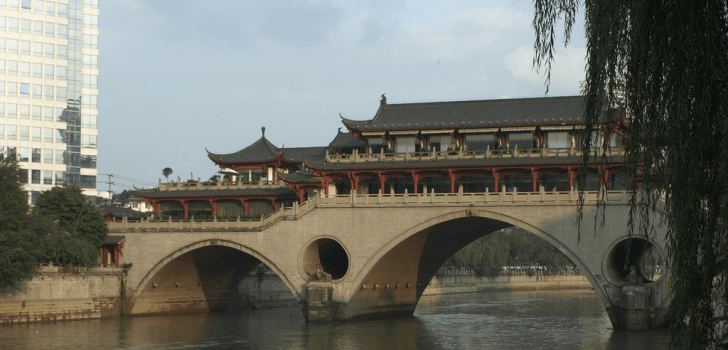In an interesting development, the Chinese government has developed and unveiled a new type of lodging to house government officials suspected of corruption. The first-of-its-kind supervised lodgings are in the city Ziyang in China’s Sichuan province at an unspecified location. The facilities are devoid of any hard surfaces and sharp corners.
The unique accommodations are considered “anti-suicide.” The measures were developed to prevent corruption suspects from hurting or killing themselves as they undergo questioning and investigations into their alleged professional misconduct.
China president Xi Jinping enacted an enormous anti-corruption campaign shortly after he assumed power in 2013. To date, the campaign has caught more than 100,000 people. Since then, China has experienced what is known as an “official suicide wave.” Rather than face trial and suffer disgrace, members of the Communist Party accused of corruption commit suicide.
During the anti-corruption campaign, China’s energy sector has received particular attention. Zhou Yongkang, the former head of domestic security and the former chief executive of the largest and most prominent oil firm, China National Petroleum Corp., was sentenced this summer to life in prison for corruption. As of now, Zhou is alive.
In another case, Zhang Jianwei, the top anti-corruption official at China National offshore oil Corporation (CNOOC), was found dead in his office in Beijing last month. As the Wall Street Journal reported, Chinese authorities are investigating Zhang’s death as criminal or possible suicide.
The suicide trend is believed to come from the theory that killing one’s self will allow their loved ones to keep their assets – sometimes acquired illegally. The suicide victim also chooses to spare everyone from the potential legal proceedings that are sure to come.
Despite the suicide trend and the building of the “anti-suicide” lodgings, Chinese citizens have little sympathy for the inmates. Some online commenters believe the accommodations are far “too luxurious.”
Another poster commented that, “Are these vampires really in jail? These people should be dead anyway. What are we afraid of?”
